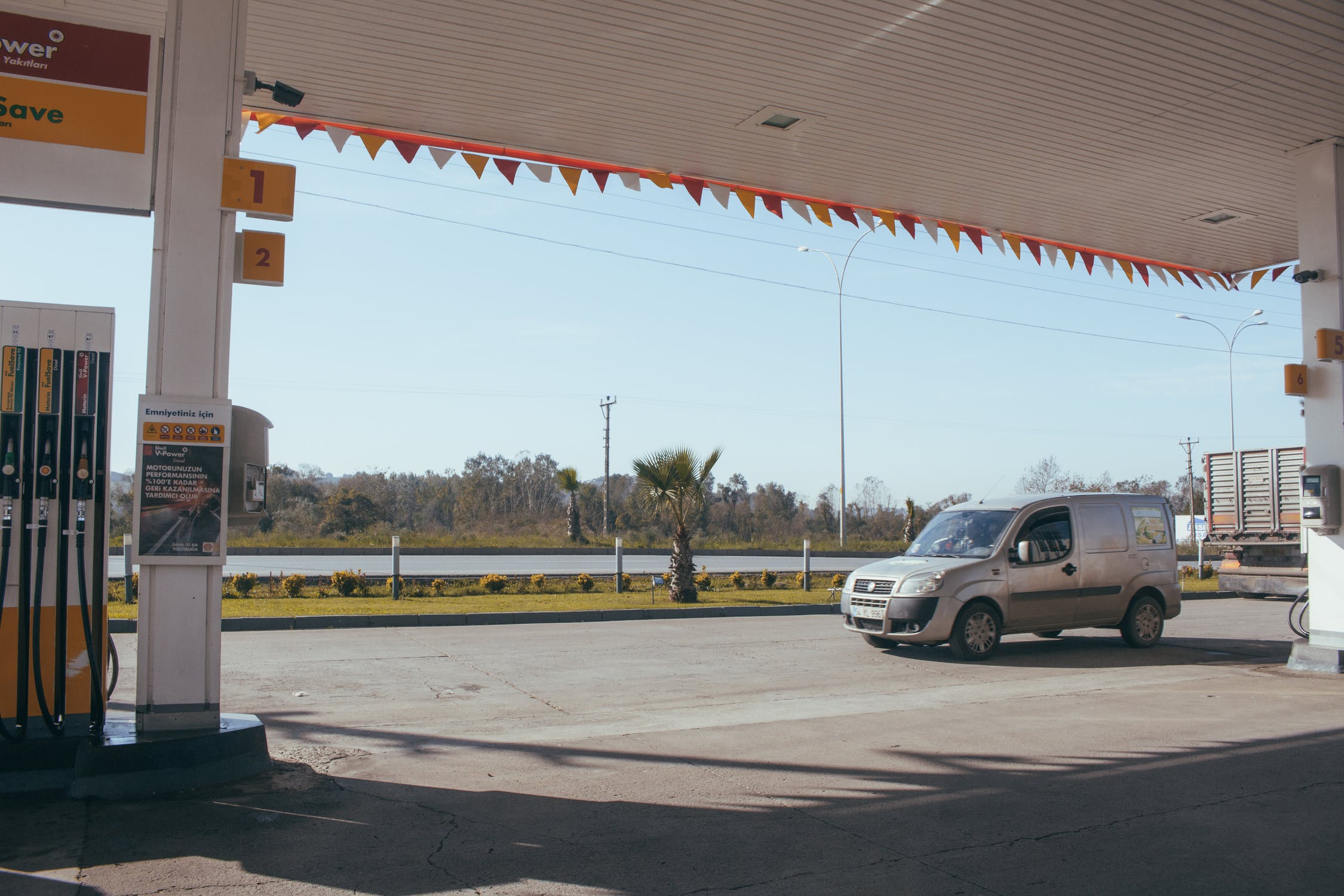Reduce fuel consumption using these techniques
With gas prices rising fast and traffic returning to the levels we knew before lockdowns, it’s become a priority to reduce fuel consumption to keep the business profitable. Since a majority of the industry is traveling from one client location to another, improving gas mileage can have a major impact on profits. While there isn’t a magic solution, it’s all about making small savings that add to a lot in the long run. Here are some ideas to help improve margins with this expense.

Driving style
It maybe sounds obvious, but the harder you press the accelerator, the more fuel will flow into the engine. Accelerate gently and you’ll use less fuel than driving more like it’s a race. When the engine reaches around 2000 revs, expert drivers suggest you should change the gear. This will ensure you are not in too high a gear. So, remember: the faster the engine is revving the more fuel it will use.
Check tire pressure
The firmer the tires are, the less fuel you’ll use because rolling resistance will be reduced. In simple terms, it’s the energy that the tire needs to get and keep running. Check the car’s user manual, or the inscription behind the fuel filler flap or on the door pillar. These values show the ideal tire pressures, depending on the carload.
Keep cool
Yes, it’s best to keep your cool behind the wheel, but we’re referring to the ambient temperature. The best way to keep cool inside depends on how fast you’re going. Experts found that if you’re running below 70 km/h (45 mph), having windows open uses less fuel than the air conditioner. On the other hand, going faster than that, the extra drag caused by open windows outweighs the fuel that the air conditioner uses.
Service the car
It goes without saying, a well-serviced car uses less fuel. Engine oil ages and its lubrication properties begin to break down. Have your car serviced when it is due and it is not only less likely to break down, but it’s also more likely to run more efficiently, therefore more economically.
Avoid idling
If you are stopping at a location for more than 1 minute, turn off the engine. The average vehicle with a 3-liter engine consumes 300 milliliters of fuel (more than 1 cup) for every 10 minutes it stays idling. Of course, when you’re in traffic, this suggestion does not apply.
More ways to reduce fuel
Maintain a steady speed
Strongly related to our previous point, when your speed is inconsistent, you use more fuel and spend more than you need to. Consider using cruise control for highways, where the traffic conditions allow.
Anticipate traffic
Look ahead while you’re driving to see what’s coming up. Experts suggest looking at the car in front of your own car and keeping a comfortable distance between your vehicle and the one in front. Keep an eye on pedestrians too and try to picture what they’re going to do next, so you can keep your speed steady and yourself alert to any changes in traffic conditions.
Plan your stops
Use a route planner to plan and optimize all your stops for the day and remove the element of uncertainty from your daily schedule. Mapping out the route helps tremendously, especially if it’s long.
[zcwp id = 5]
